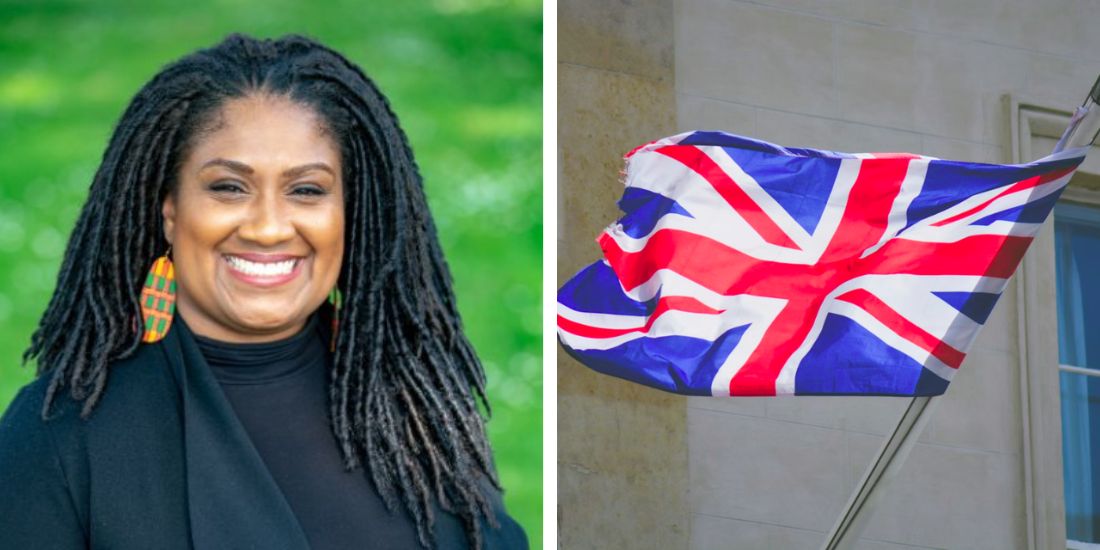For some children, a “culture of poverty” severely limits the opportunities they have to benefit from structured play and enrollment in out-of-school programs.1 This culture may include machismo, severely authoritarian decision-making, and disdain for education. The culture may accept resignation and passivity before life’s challenges and even caregivers abandoning their children because of substance abuse. Some individuals living in a culture of poverty seem to live for the moment, ignoring the past and opportunities to plan for the future. Nevertheless, some children rise above such circumstances.2 Connecting with other children and their families through after-school programs is often a constructive lifeline for these children.
Access to out-of-school resources is especially important for children from impoverished or broken homes.3 Cultural and economic conditions limit parents’ goal-setting and incentives for their children whereas higher family income and wealth allow parents to provide better opportunities for their children – starting with where the family lives, which can be a determining factor in the quality of the schools, personal safety, and access to other community assets. Wealthier families can afford to send their children to private schools and pay for uniforms and equipment for sports teams. They may have multiple vehicles for transporting children back and forth from practices, rehearsals, and events, and perhaps a stay-at-home parent who can oversee the complicated schedule.
Nevertheless, middle-income and even poor families often can provide their children with similar but less-costly opportunities to learn outside school. One way is to utilize the extensive network of free or inexpensive clubs and facilities that often are nearby. YMCAs, YWCAs, Boy Scouts, Girl Scouts, Boys and Girls Clubs of America, park district or city-sponsored sports leagues, libraries, and programs provided by colleges and many private clubs are just some of the opportunities located in middle- and low-income communities.
“Surrogate parents” can extend social capital’s lifeline to young people who otherwise would drift away. Asenath Andrews, principal of the Ferguson Academy for Young Women in Detroit, presides over a school that enrolls only pregnant unwed teen mothers very likely to drop out of school, yet the school graduates 95 percent of its students. The school admits young mothers, often born themselves to unwed mothers who dropped out of school, and attempts to break that cycle of poverty. It offers a full-day nursery for their children while the mothers study and attend class.
This environment – and Andrews’ no-nonsense, motherly approach – enriches these young women’s impoverished social capital by introducing them to words, ideas, and experiences far beyond their dingy apartments and streets.4 “There are estimates that by age 3, poor kids have heard 30 million fewer words than kids in middle-class families,” Andrews says. “That 30-million-word deficit keeps me awake at night. We’re trying to teach teenagers to talk to their babies. Well, there’s a whole vocabulary attached to a garden that these teenagers can share.”
Children coming from poor or dysfunctional families face special challenges, but research suggests incentives and rewards are no less and perhaps even more important in helping them learn life skills. Poverty may rule out some out-of-school opportunities, but many opportunities valuable to the learning process are available to families regardless of their income. Resilient children who witness violence, alcoholism, and drug abuse at home can rise above adversity and learn skills that equip them for success later in life. At each step, rewards can play an important role.
Herbert J. Walberg and Joseph L. Bast are chairman and president, respectively, of The Heartland Institute and authors of Rewards: How to use rewards to help children learn – and why teachers don’t use them well (October 2014; ISBN 978-1-934791-38-7). This article is excerpted from Chapter 5, “Rewards at Home.”
1. See Oscar Lewis, “Culture of Poverty,” in Daniel P. Moynihan, ed., On Understanding Poverty: Perspectives from the Social Sciences (New York, NY: Basic Books, 1969), pp. 187–220.
2. Jerome L. Singer, “Delay Gratification and Ego Development: Implications for Clinical and Experimental Research,” Journal of Consulting Psychology 19, no. 4 (August 1955): 259–66.
3. Marian J. Bakermans-Krannenburg, Marinus H. van Ijzendoorn, and Robert H. Bradley, “Those Who Have, Receive: The Matthew Effect in Early Childhood Intervention in the Home Environment,” Review of Educational Research 75, no. 1 (Spring 2005): 1–26.
4. Michele Owens, “Gardening to Save Detroit,” O Magazine, April 2008, http://www.oprah.com/world/Gardening-in-the-City-Changing-Detroits-Landscape.





